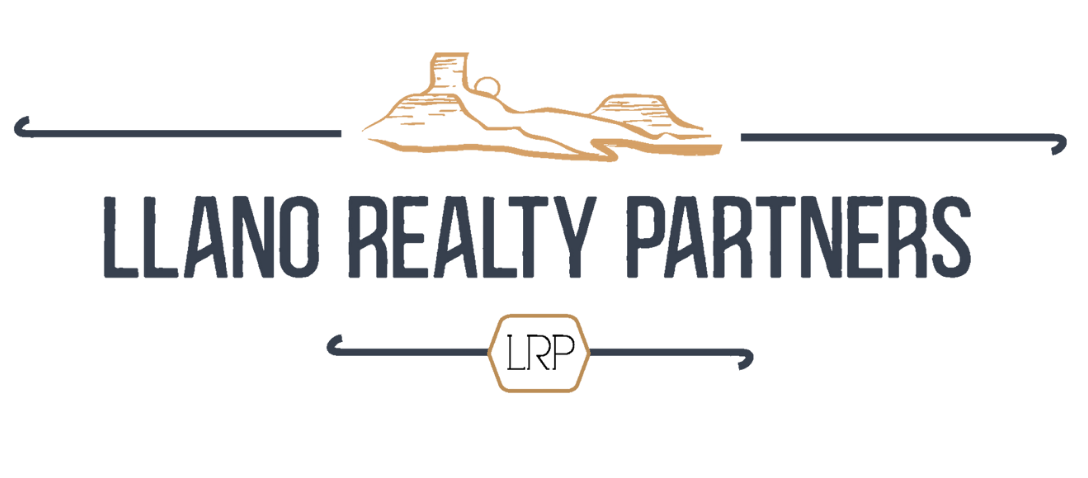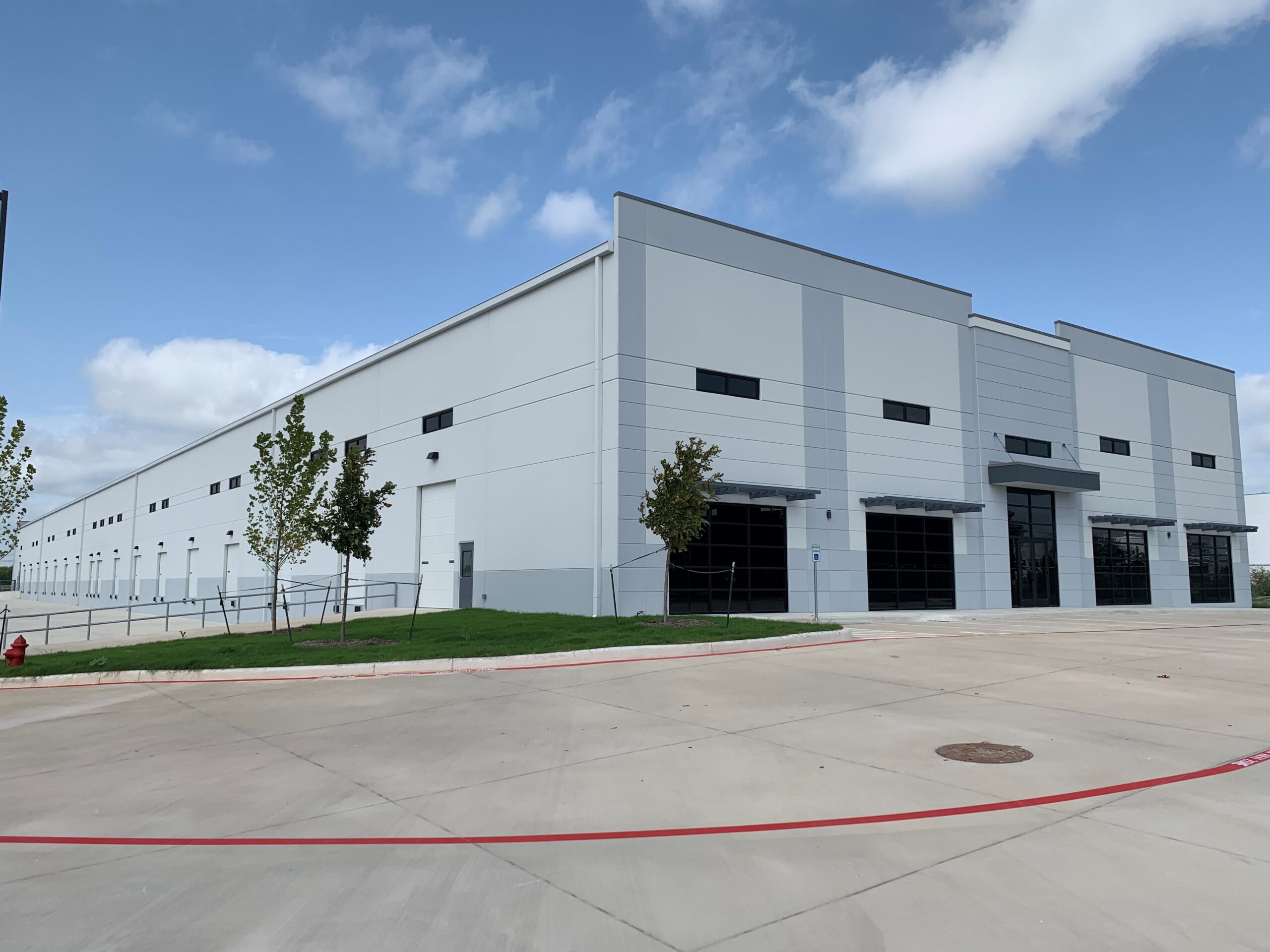The concept of a sale-leaseback, a transaction in which a company sells its building to a third party and leases the property back from the new owner, has been around for decades as a way for companies to boost their balance sheets and/or create flexibility in their facilities. A company can use that capital more efficiently to grow and maintain their business while still maintaining control of the property for a long period of time. Historically, local and regional industrial warehouses have garnered very little investor interest, but that has changed rapidly due to the collision of e-commerce and Coronavirus. According to CoStar, approximately 13% of the country’s sale-leaseback volume came from industrial deals in the second quarter, compared to only 4.7% a year prior.
The rise in e-commerce has had a very real and sustained effect on industrial real estate. According to a recent study by Jones Lang LaSalle, the United States will need an estimated one billion additional square feet of warehouse space by 2025. As a reaction to this economic trend, demand for industrial investment has given rise to numerous private and public investment firms with the primary directive to purchase industrial warehouses, specifically in highly populated and growing markets. The most clear result of that demand is an increase in prices being paid for existing warehouses, and user-owners (companies that own their own buildings) may not realize that the buildings they own are valuable even if their space use is unrelated to e-commerce or logistics. In other words, real estate investor interest generally lies more in the underlying asset than the current use of its occupant. For example, an electrical supply company that owns their own warehouse could sell their warehouse today for a significant premium due to its long-term utility in the growing e-commerce economy.
This investment frenzy has created the perfect situation for user-owners wanting to free up capital amid the current Coronavirus volatility. There is more investment capital in search of industrial warehouse properties than there are buildings to purchase, which makes the current environment the perfect time for user-owners to maximize their investment in their facility and strengthen their capital position for the future. Moreover, a sale-leaseback can benefit user-owners needing improvements to their space’s functionality by negotiating improvements into their lease and can maintain control of their time horizon by setting the leaseback term length.
If you are a user-owner considering a sale-leaseback or simply to sell your existing facility, contact Llano Realty Partners to get an opinion of value for your property – it may be worth more than you think.

